Superhero Movies: How Close Do They Stick to the Original Comic Books and What Do They Gross at the Movies?
In the world of superhero cinema, few genres have enjoyed as much attention and success as those based on iconic comic book characters. Marvel and DC Comics have long been the dominant forces in comic book storytelling, and their superhero universes have provided the foundation for some of the highest-grossing films of all time. From Spider-Man and Iron Man to Batman and Wonder Woman, superhero movies have captured the imaginations of millions. But how closely do these films adhere to the original comic book source material? While some movies stay true to the comics, others take creative liberties with characters, plots, and tones to better fit a cinematic vision. In this article, we will explore how superhero movies compare to the comics that inspired them, the reasons behind the changes, and the consequences of straying from the source material.
The Balance Between Fidelity and Adaptation
One of the most significant challenges when adapting comic books into films is finding a balance between staying true to the original material and making adjustments that work for a different medium. Comics are visual narratives that rely heavily on stylized art, panel layouts, and internal monologues, while films are dynamic, moving pictures that engage the audience through sound, dialogue, and special effects. This difference in format necessitates changes, but how much alteration is acceptable?
Some filmmakers and studios prefer to stick as closely as possible to the original comic stories, while others choose to take liberties with characters and plots to make the material more accessible or appealing to a broader audience. The desire to maintain the essence of the original comic while making the story fit the cinematic medium is often a difficult balancing act.
Faithful Adaptations: When Movies Stay True to the Comics
In some cases, superhero films are praised for their fidelity to the original comic books. These adaptations often resonate deeply with fans of the source material, as they see their favorite characters and stories come to life on the big screen. Below are a few superhero movies that closely adhere to the comics:
1. The Dark Knight (2008)
Christopher Nolan’s The Dark Knight is often regarded as one of the most faithful adaptations of Batman in cinematic history. The film draws heavily from the Batman: The Killing Joke graphic novel, particularly in its portrayal of the Joker as a chaotic, anarchic figure. Heath Ledger’s portrayal of the Joker was both inspired by and faithful to the comic book version, with a focus on the character's dark, unpredictable nature and desire to create chaos. Additionally, the film’s exploration of themes such as morality, justice, and the impact of vigilantism was in line with Batman's character in the comics, especially in the more mature and philosophical storylines such as Frank Miller’s The Dark Knight Returns.
While the film did take creative liberties, such as altering the backstory of certain characters, its overall tone, themes, and characterizations were deeply rooted in the comics.
2. Watchmen (2009)
Zack Snyder’s adaptation of Watchmen, Alan Moore and Dave Gibbons’ groundbreaking graphic novel, is widely considered one of the most faithful comic book adaptations ever made. The film's visuals, in particular, are heavily inspired by the original artwork from the comic. From the costuming to the cinematography, Snyder recreated the iconic panels with remarkable accuracy, bringing the world of Watchmen to life in a way that was almost a direct translation from page to screen.
The film also retained much of the comic’s dark, mature themes, including the exploration of morality, power, and the consequences of vigilantism. Although the film had to simplify certain plot points and condense the story to fit a feature-length runtime, it largely preserved the essence of the source material.
3. Spider-Man: Into the Spider-Verse (2018)
Spider-Man: Into the Spider-Verse is another standout example of a film that remains faithful to its comic book origins. The film's animation style was directly inspired by comic book panels, with characters frequently breaking the fourth wall, using onomatopoeia, and showing frames of action that mimic the sensation of flipping through a comic book.
The movie follows Miles Morales, a new Spider-Man introduced in the comics in 2011, and incorporates several storylines and elements from the comic books, including the concept of the Spider-Verse, where multiple versions of Spider-Man from different dimensions come together. The film’s treatment of Miles’ journey, his struggles with identity, and the mentorship of Peter B. Parker echoes the themes explored in the comics, making it a highly faithful and creative adaptation of the source material.
Creative Liberties: When Movies Depart from the Comics
While some superhero films aim to stay true to the comic book source material, others take more creative liberties with characters, plotlines, and even the tone of the stories. These changes are often made for various reasons, such as streamlining complex storylines, updating characters for modern sensibilities, or adjusting the tone to suit a different medium.
1. The Amazing Spider-Man Series (2012-2014)
Marc Webb’s The Amazing Spider-Man series (2012-2014) attempted to modernize Spider-Man’s origin story, but it significantly deviated from the comic book canon. One of the most notable changes was the origin of Peter Parker’s powers. In the original comics, Peter gains his powers from a radioactive spider bite. In The Amazing Spider-Man films, the spider that bites Peter is genetically altered as part of his father’s work, a plot element that was not present in the comics.
Additionally, the film reimagines Peter’s relationship with Gwen Stacy, shifting the timeline of their relationship and making it central to the plot. While Gwen’s death in the comics was a pivotal and tragic moment in Spider-Man’s history, the film’s portrayal of their romance deviates from the comic book’s events. These changes, while not inherently bad, were noticeable departures from the source material and were met with mixed reactions from fans.
2. X-Men: Days of Future Past (2014)
X-Men: Days of Future Past combines two major storylines from the X-Men comics: Days of Future Past (1981) and The Sentinels saga (1965). While the film retains some key elements of the original storyline, it significantly alters certain aspects for dramatic effect. In the comics, the "Days of Future Past" storyline revolves around the X-Men's battle against a dystopian future ruled by the Sentinels, where mutants are being hunted to extinction. The movie uses a time-traveling plot to change the course of history and prevent this grim future from happening.
While the basic premise remains the same, the film introduces a more action-driven narrative and streamlines certain characters' roles, most notably the character of Kitty Pryde. In the comics, Kitty plays a major role in the time-travel aspect, but in the film, Wolverine is the one who ultimately travels back in time to change the future. This departure from the original plot line was a significant change but was necessary to streamline the film for a larger audience.
3. Batman v Superman: Dawn of Justice (2016)
Batman v Superman: Dawn of Justice (2016), directed by Zack Snyder, drew heavily from Frank Miller’s The Dark Knight Returns and The Death of Superman, but it also introduced several creative liberties that departed from the original stories. For example, in the film, Batman is depicted as a much older, grizzled, and more morally ambiguous character than he was in the original comics. His aggressive approach to crime-fighting and his willingness to kill were significant departures from the more traditional, non-lethal Batman seen in most comic book storylines.
The film introduced the character of Doomsday, who is loosely based on the storyline in The Death of Superman where the villain kills Superman. However, the film compressed this storyline, with Doomsday being created through a strange combination of Zod’s DNA and Lex Luthor’s experimentation, a deviation from the comics where Doomsday was a product of a dark and twisted evolution on a distant planet.
How Box-Office Movie Sales Compare When Movies Match the Original Comics vs. Those That Don’t
The success of superhero movies at the box office has become a key indicator of the genre's dominance in modern cinema. As Marvel and DC films have continued to break records, one question frequently arises: do superhero movies that stay closer to their comic book origins perform better than those that deviate significantly? While there is no definitive answer, analyzing box office trends reveals some interesting insights about audience preferences, loyalty to source material, and the balance between faithful adaptations and creative reinterpretations.
The Appeal of Faithful Adaptations
Superhero fans are often passionate and loyal to the characters and stories that have shaped the comic book universe for decades. As such, movies that adhere closely to the original comics tend to attract a dedicated fanbase, resulting in strong box office numbers. When films remain faithful to the comic book storylines, character arcs, and visual elements, they have a higher likelihood of engaging core fans who have spent years reading these stories.
A great example of this is Spider-Man: Into the Spider-Verse (2018), which closely followed the comic book source material. The film’s visually innovative animation was inspired by comic book panels, and the storyline, featuring multiple Spider-Men across dimensions, was a direct nod to the Spider-Verse comic book event. The film’s success was driven not only by its stunning visuals but also by its deep respect for the comic book lore, which helped connect with both casual moviegoers and die-hard fans. It grossed over $375 million worldwide and received critical acclaim, winning the Academy Award for Best Animated Feature.
Similarly, The Dark Knight (2008), based on graphic novels like The Killing Joke and The Dark Knight Returns, captured the essence of Batman’s character, his internal struggles, and his complex relationships with characters like the Joker. Heath Ledger’s portrayal of the Joker was praised for being incredibly faithful to the darker, anarchistic nature of the character from the comics. This adherence to the source material, along with a strong, grounded narrative, contributed to the film's massive box office success, grossing over $1 billion globally.
The Impact of Creative Liberties
While faithful adaptations have garnered success, movies that deviate from the source material are not necessarily doomed to failure. However, the level of deviation can significantly affect box office performance, depending on how well the changes resonate with audiences.
Films that take liberties with the source material, such as Batman v Superman: Dawn of Justice (2016), often face mixed reactions from both critics and fans. While the film had a strong opening weekend and grossed over $873 million worldwide, it didn’t reach the same level of success or fan approval as The Dark Knight. The film's portrayal of Batman as an older, more brutal figure, along with significant deviations from the The Death of Superman storyline, created a divisive response. Many fans felt the changes diluted the essence of the characters they had grown to love over decades, leading to a less favorable reception compared to more faithful adaptations.
Similarly, X-Men: Dark Phoenix (2019), which deviated from the beloved Phoenix Saga storyline in the comics, performed poorly at the box office, grossing only $252 million worldwide—a far cry from the financial success of earlier entries in the X-Men series. The film’s failure to capture the essence of the iconic comic book arc led to a lackluster audience response, which reflected in its box office performance.
Audience Expectations and Brand Loyalty
In general, audiences expect superhero movies to reflect the key themes, personalities, and visual elements that made the comics successful in the first place. While creative reinterpretations can be successful—such as the shift to a more grounded Batman in Christopher Nolan’s trilogy or the more colorful and humorous tone of the Marvel Cinematic Universe—too much deviation can risk alienating a portion of the audience. The success of Avengers: Endgame (2019), which grossed over $2.8 billion worldwide, can be attributed in part to the film’s adherence to key elements from the comics, while still introducing new elements to make the story more cinematic and accessible.
In contrast, superhero films that stray too far from their comic book origins risk losing the sense of familiarity and excitement that fans expect. When the characters and storylines are altered beyond recognition, it can lead to confusion and disappointment, particularly among longtime comic readers. Superhero movies that closely adhere to the original comics tend to resonate strongly with fans, leading to higher box office sales and a positive critical reception. However, the most successful films are those that strike a balance between fidelity to the source material and creative adaptation for the cinematic medium. While some deviations can still lead to financial success, especially if they offer fresh takes on familiar characters, maintaining the essence of what made the original comics great is crucial for engaging fans and ensuring long-term success at the box office.
The Need for Adaptation
Adapting a comic book to film is a challenging process, and filmmakers must balance the expectations of comic book fans with the need to create a story that works within the confines of a film. Some deviations from the source material are often necessary to ensure that the story works for a broader audience or to make the material more accessible. However, the key to a successful adaptation is maintaining the heart and essence of the characters and stories that have made them iconic in the first place.
While it is impossible to create a perfect one-to-one translation from page to screen, many of the best superhero films strike a balance between respecting the source material and offering new, exciting takes on beloved characters. The world of superhero cinema will continue to evolve, but as long as filmmakers continue to honor the spirit of the comics while taking creative liberties, superhero films will remain a powerful and dynamic medium. Make sure to buy comics books at CycloneSale.com for all your adventure needs today!
















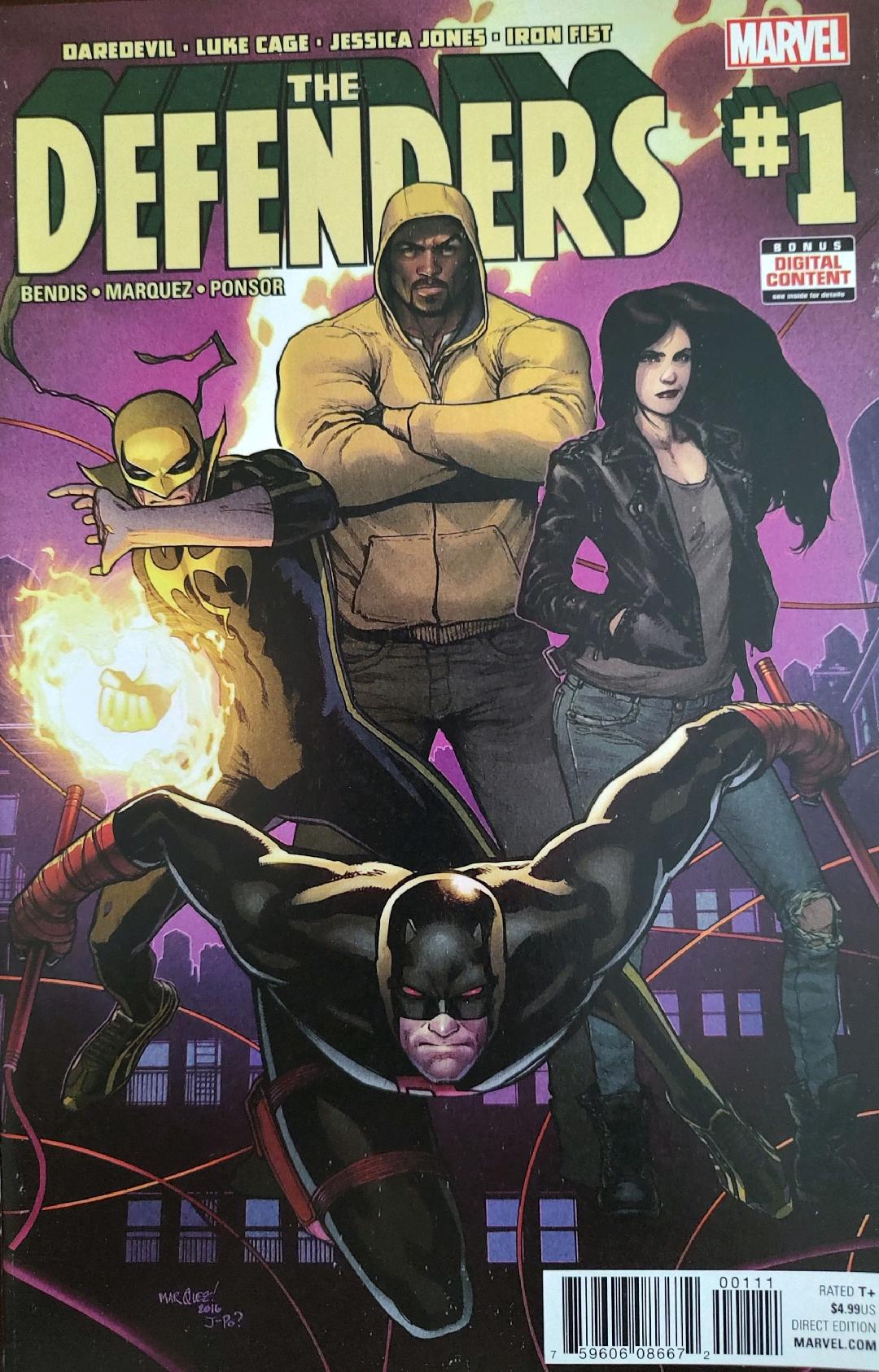












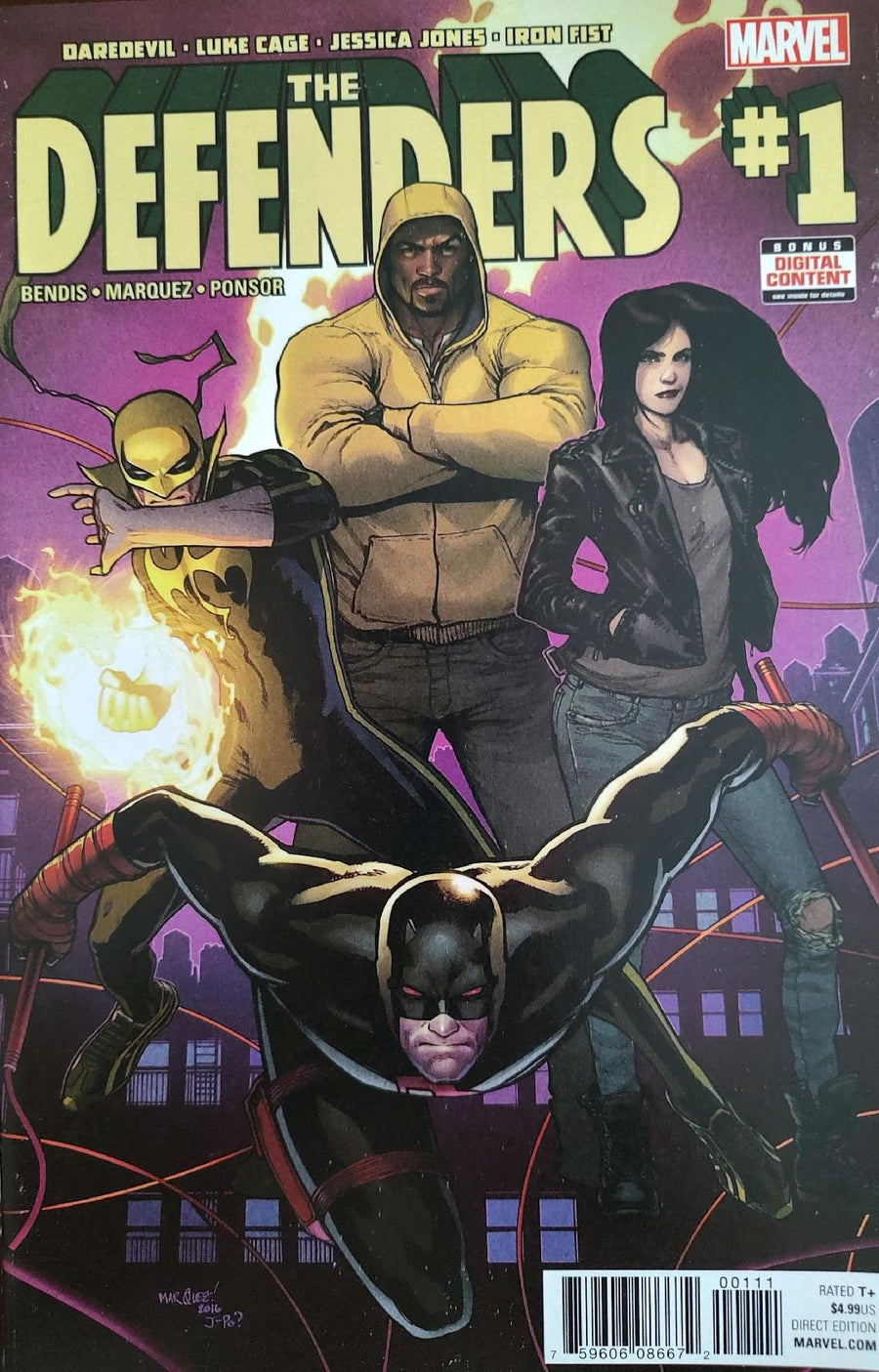
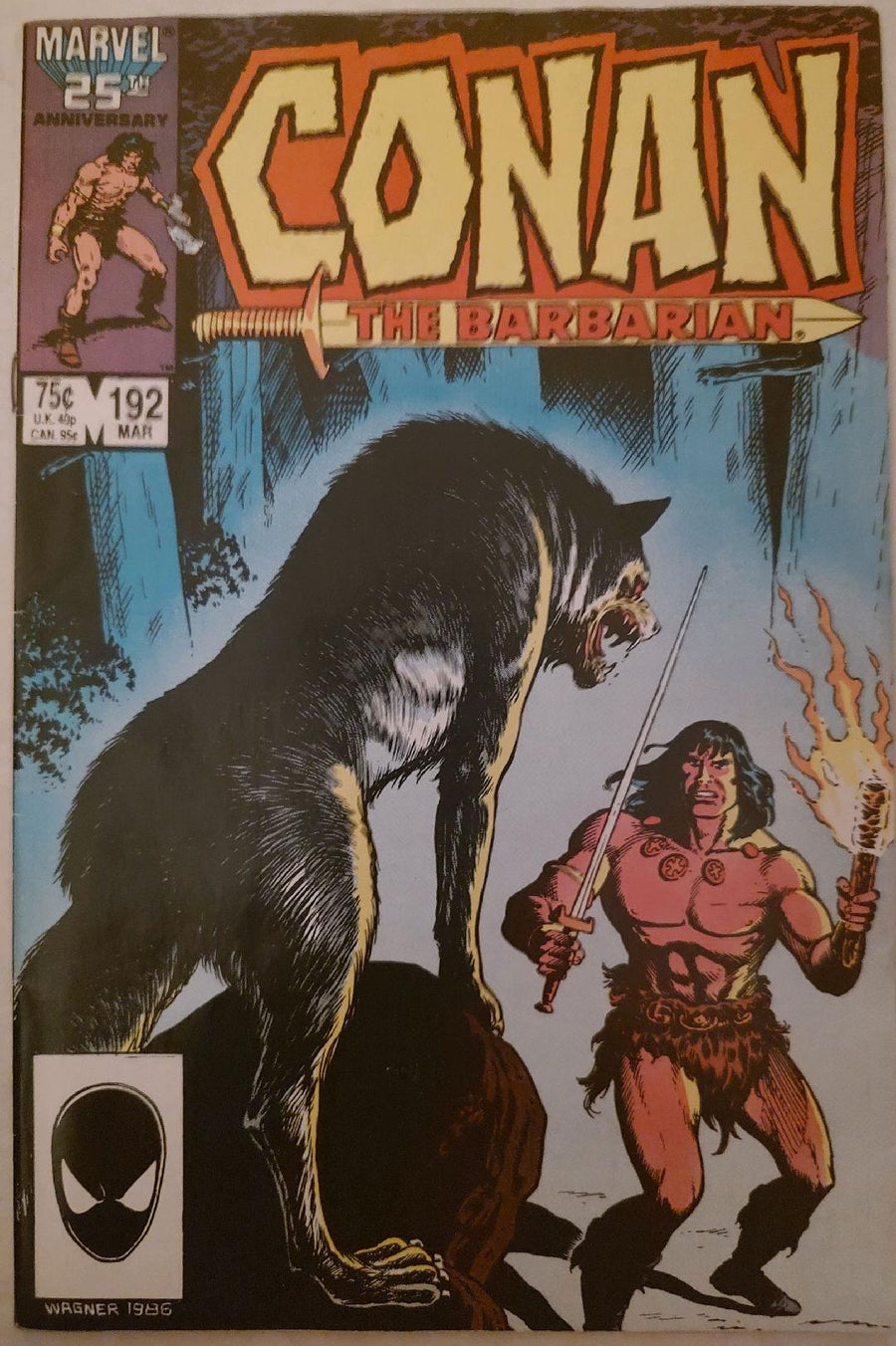
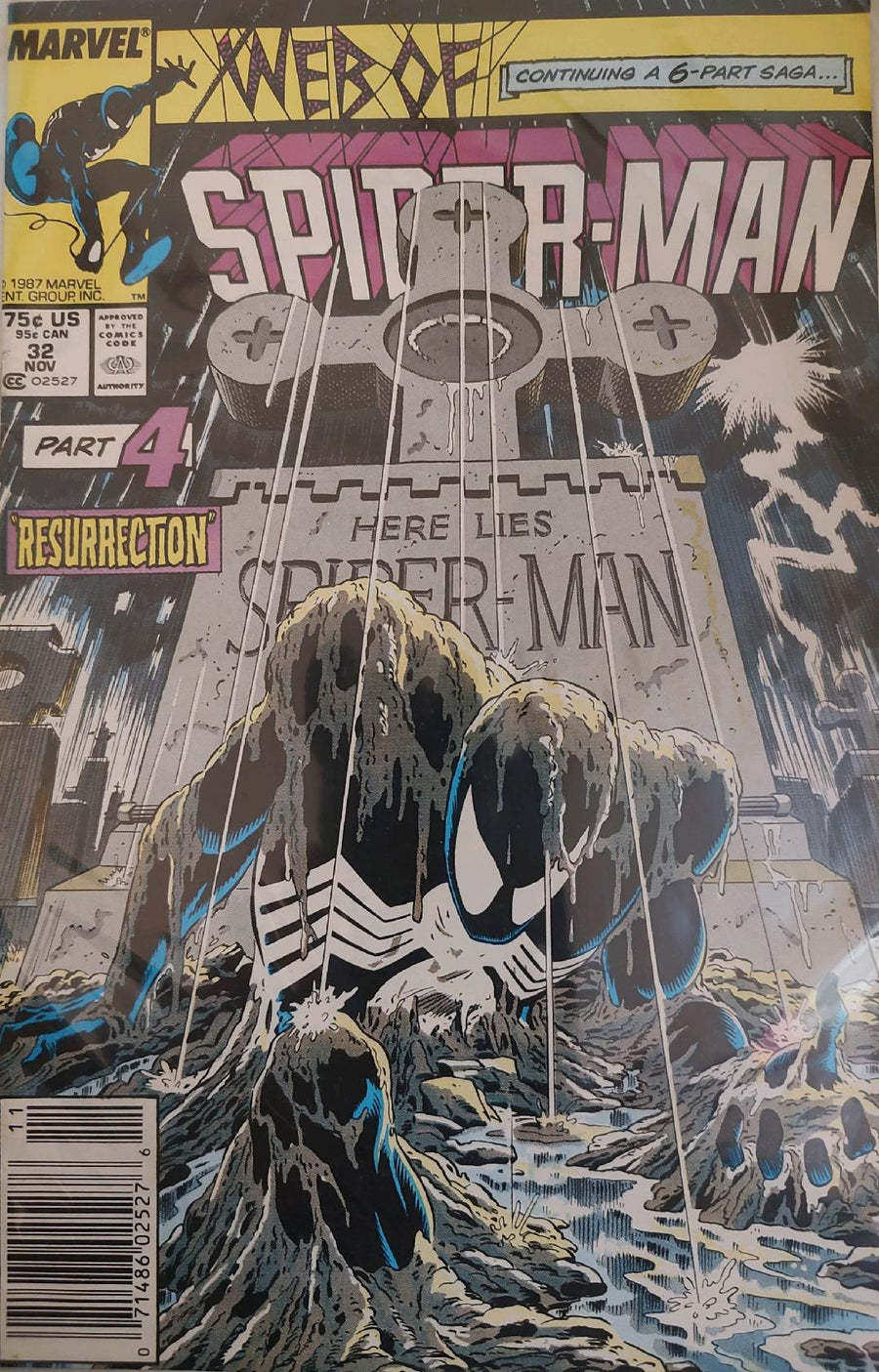
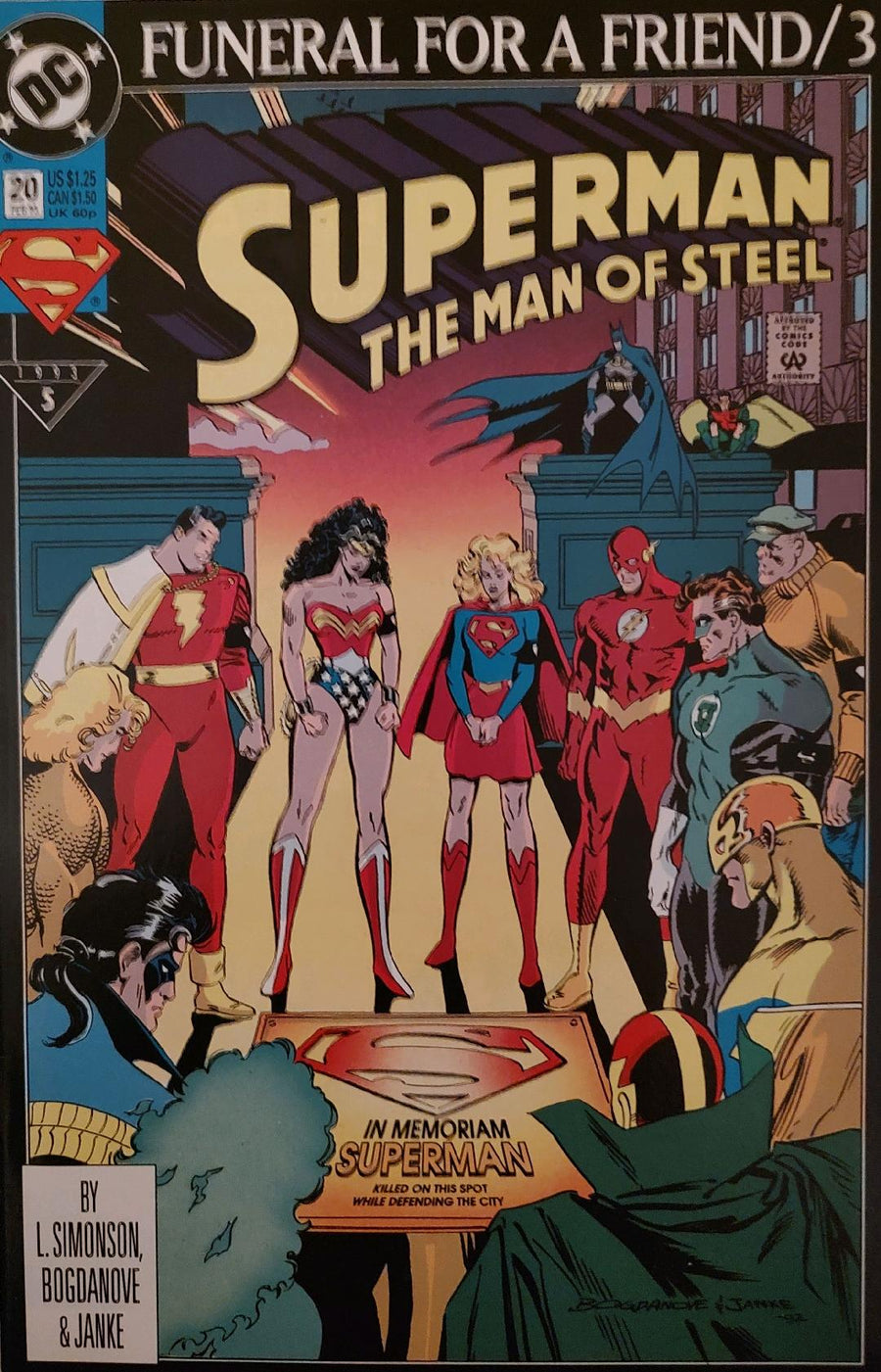
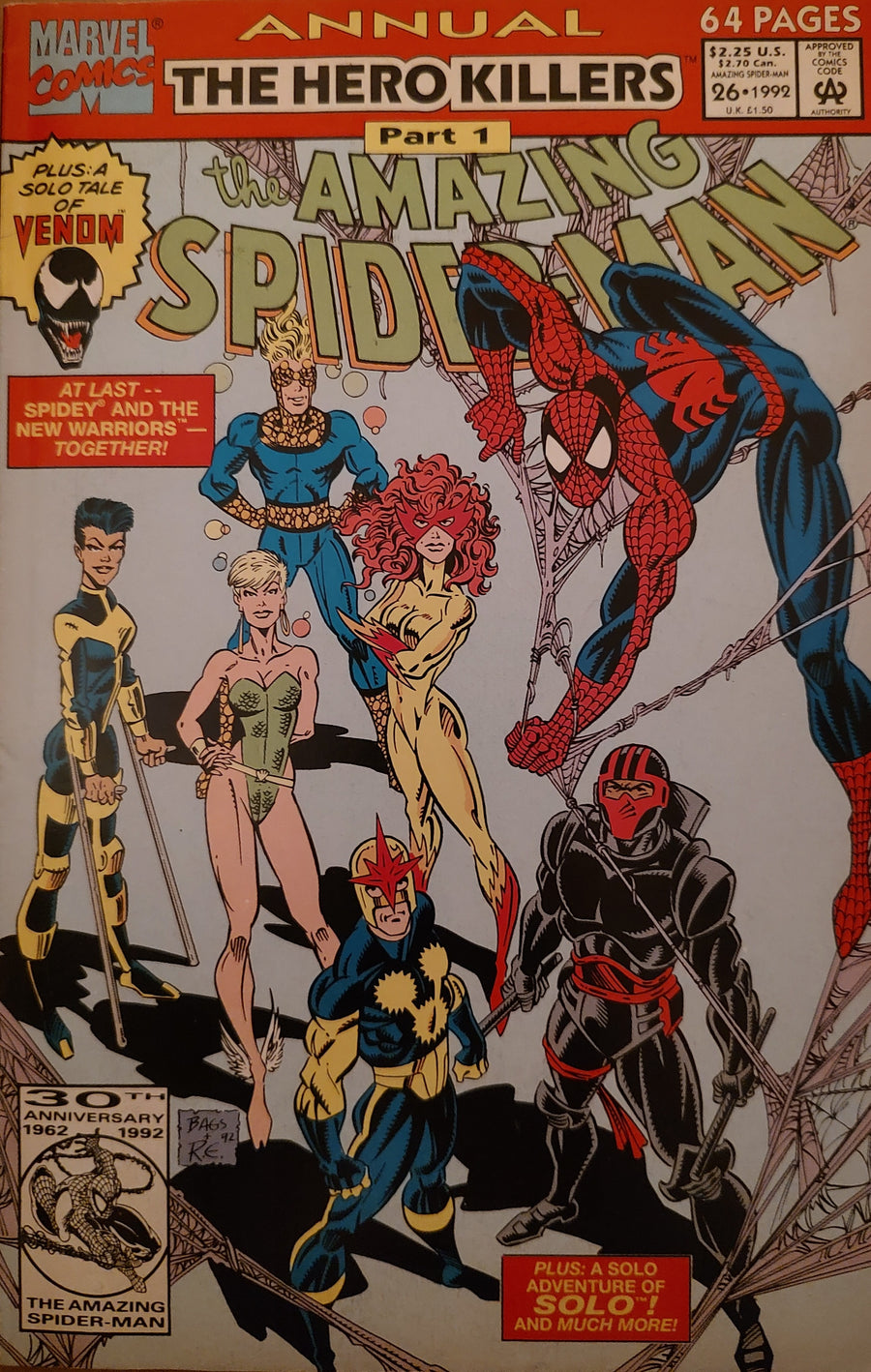
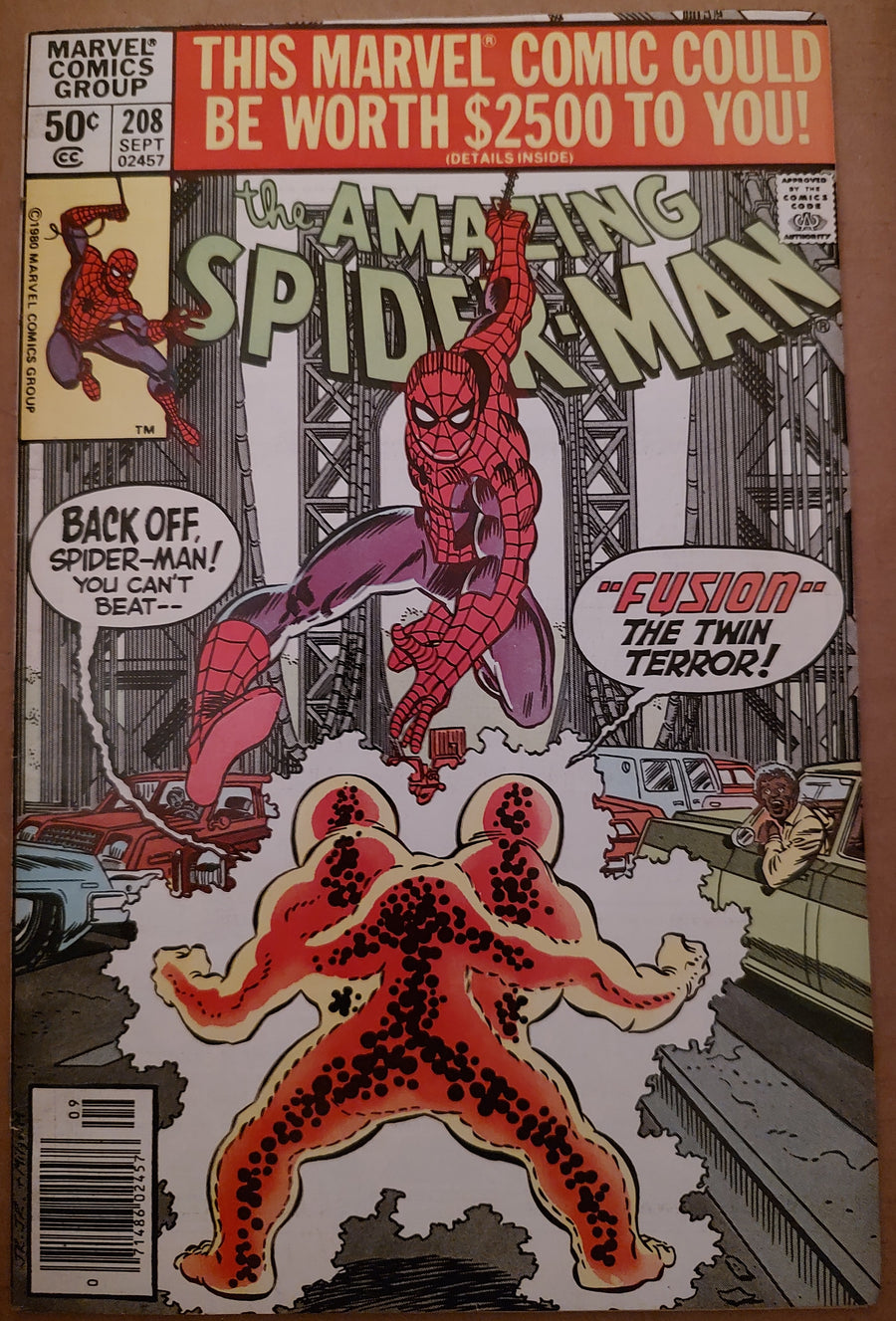
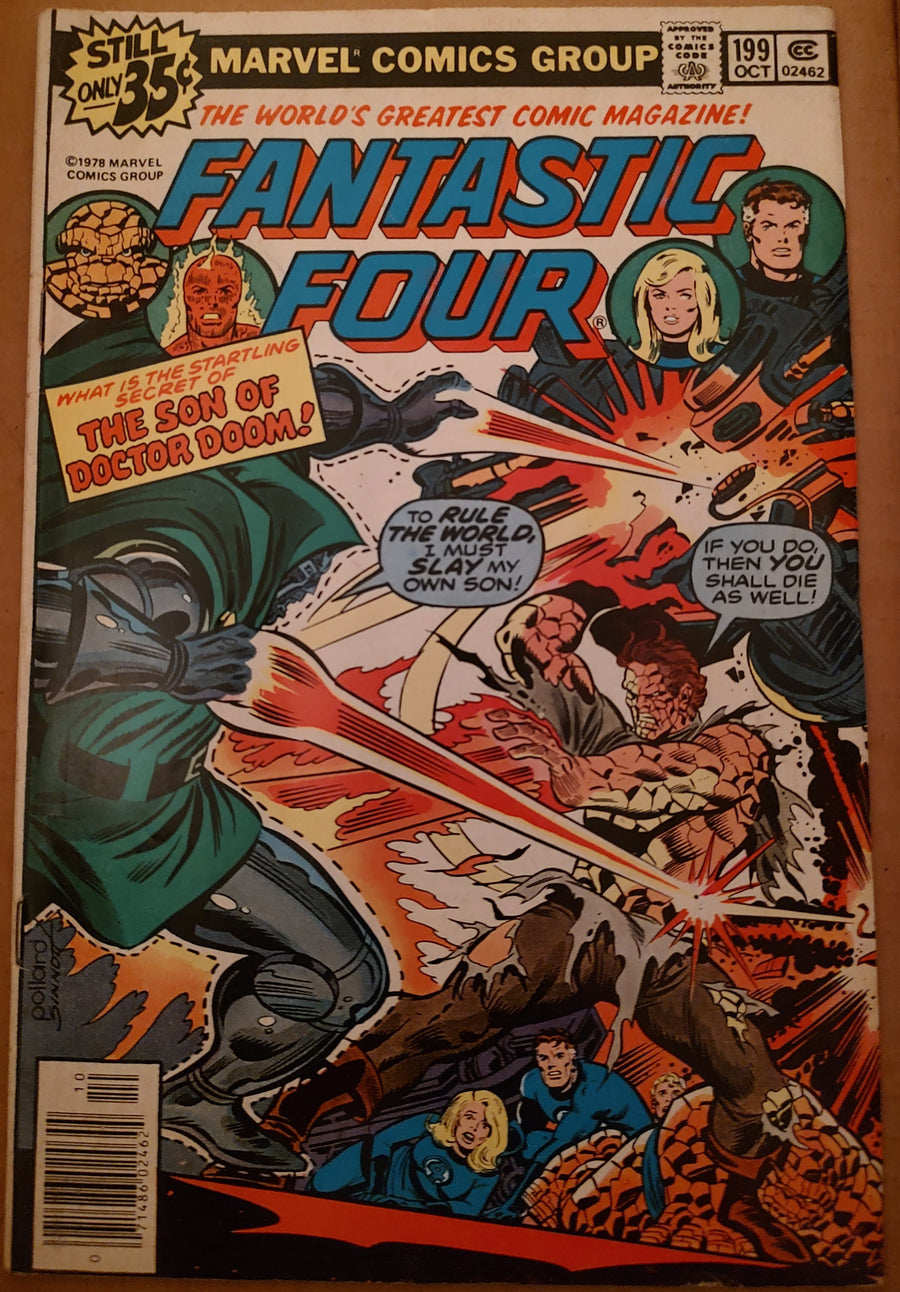
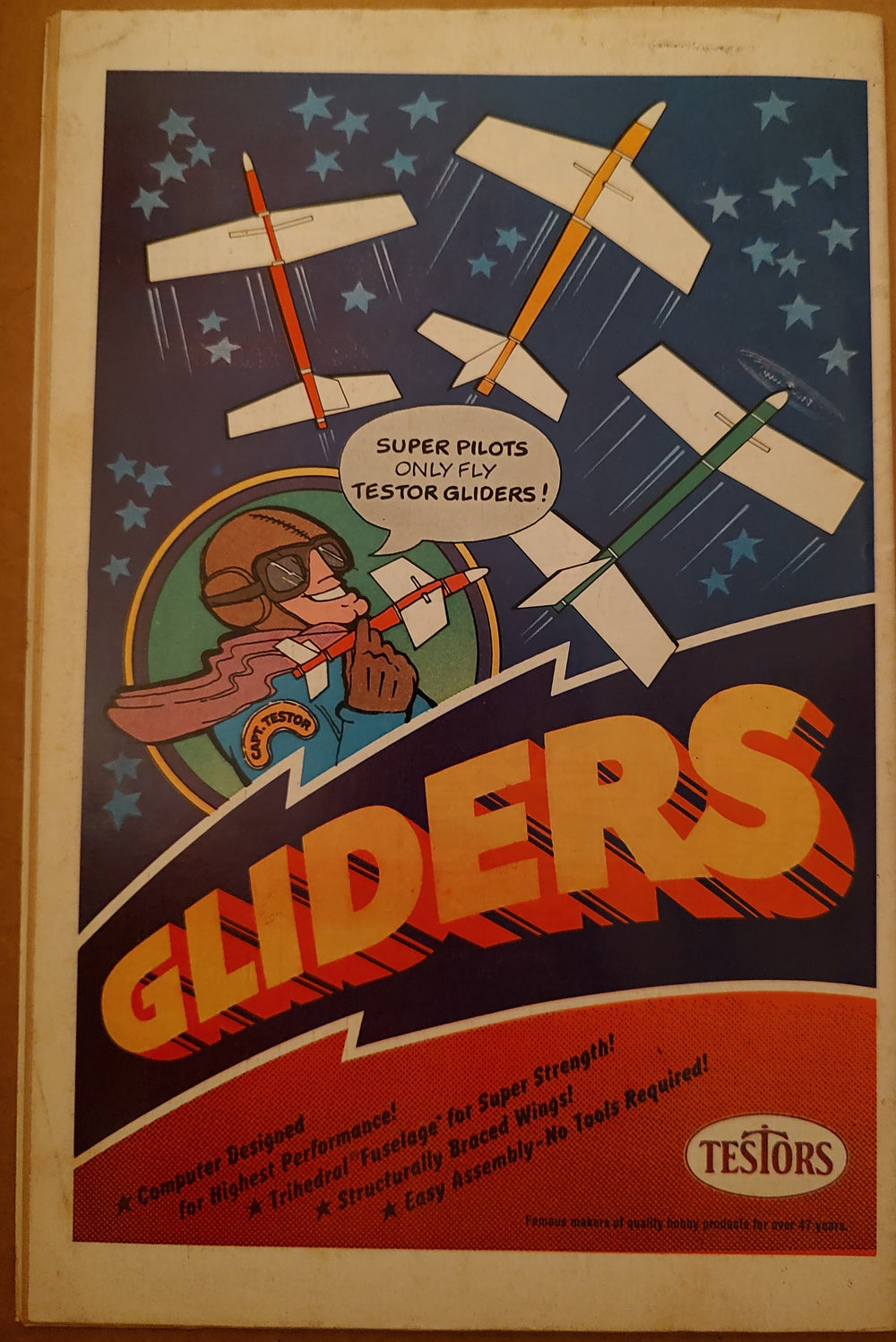
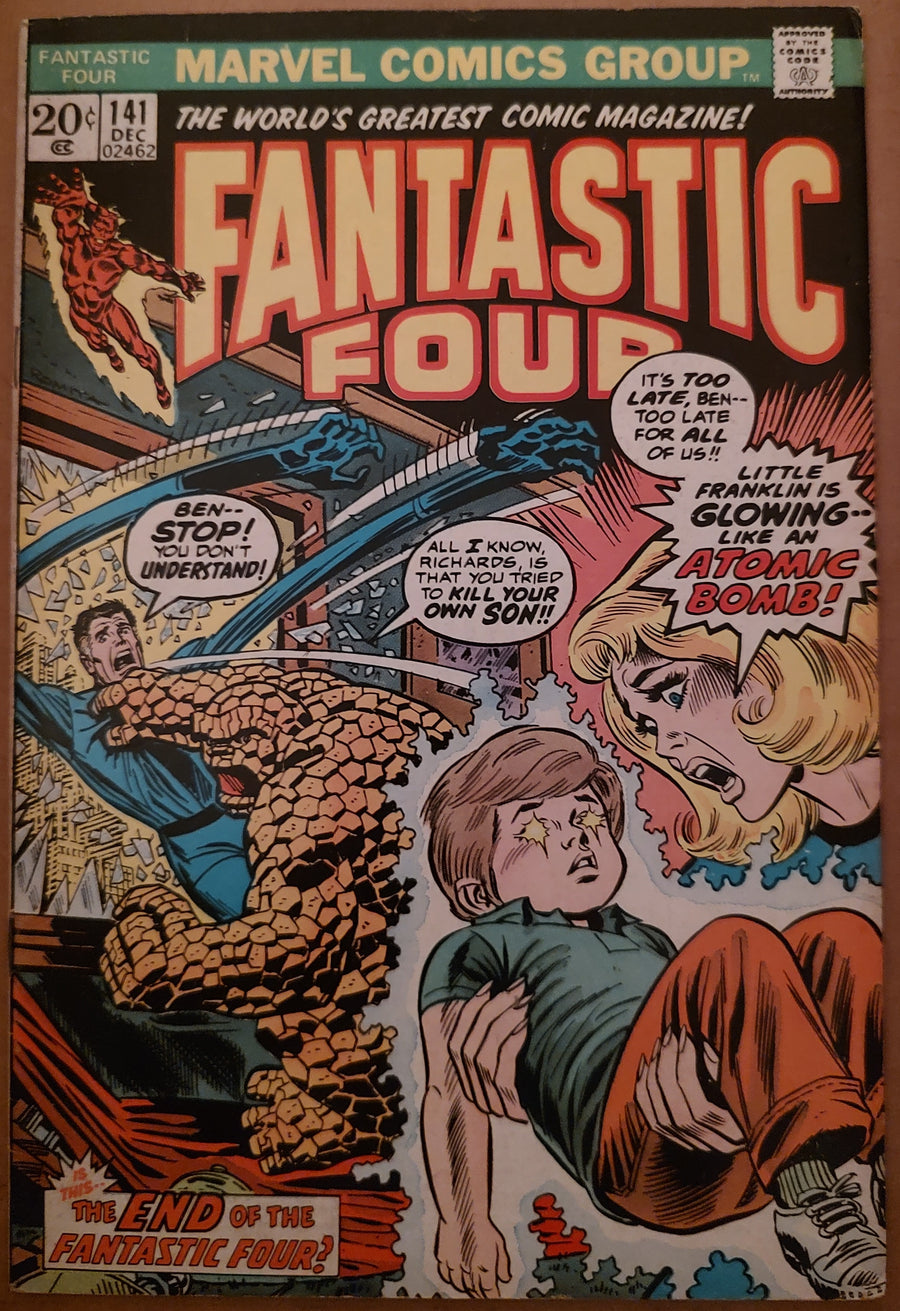

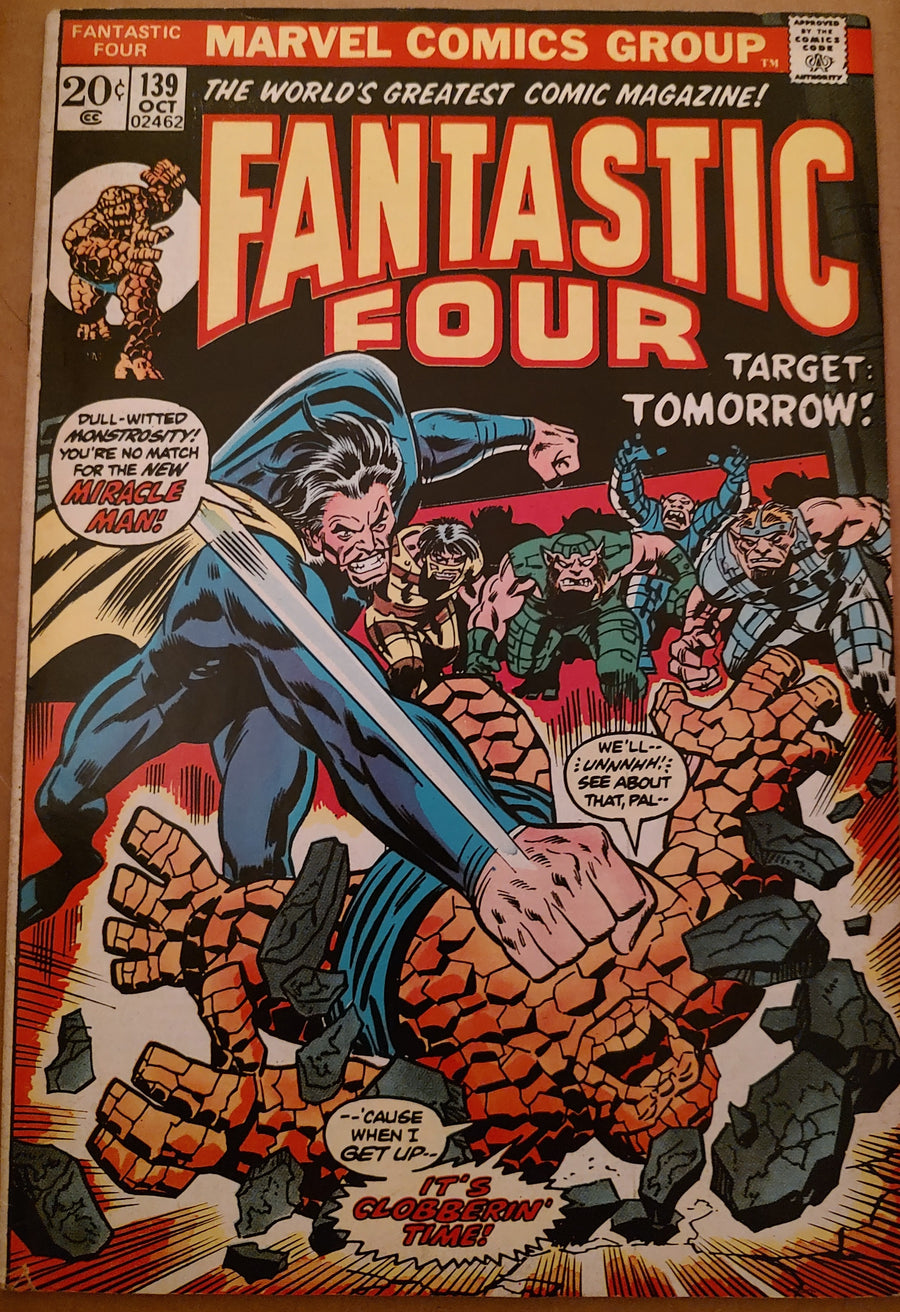
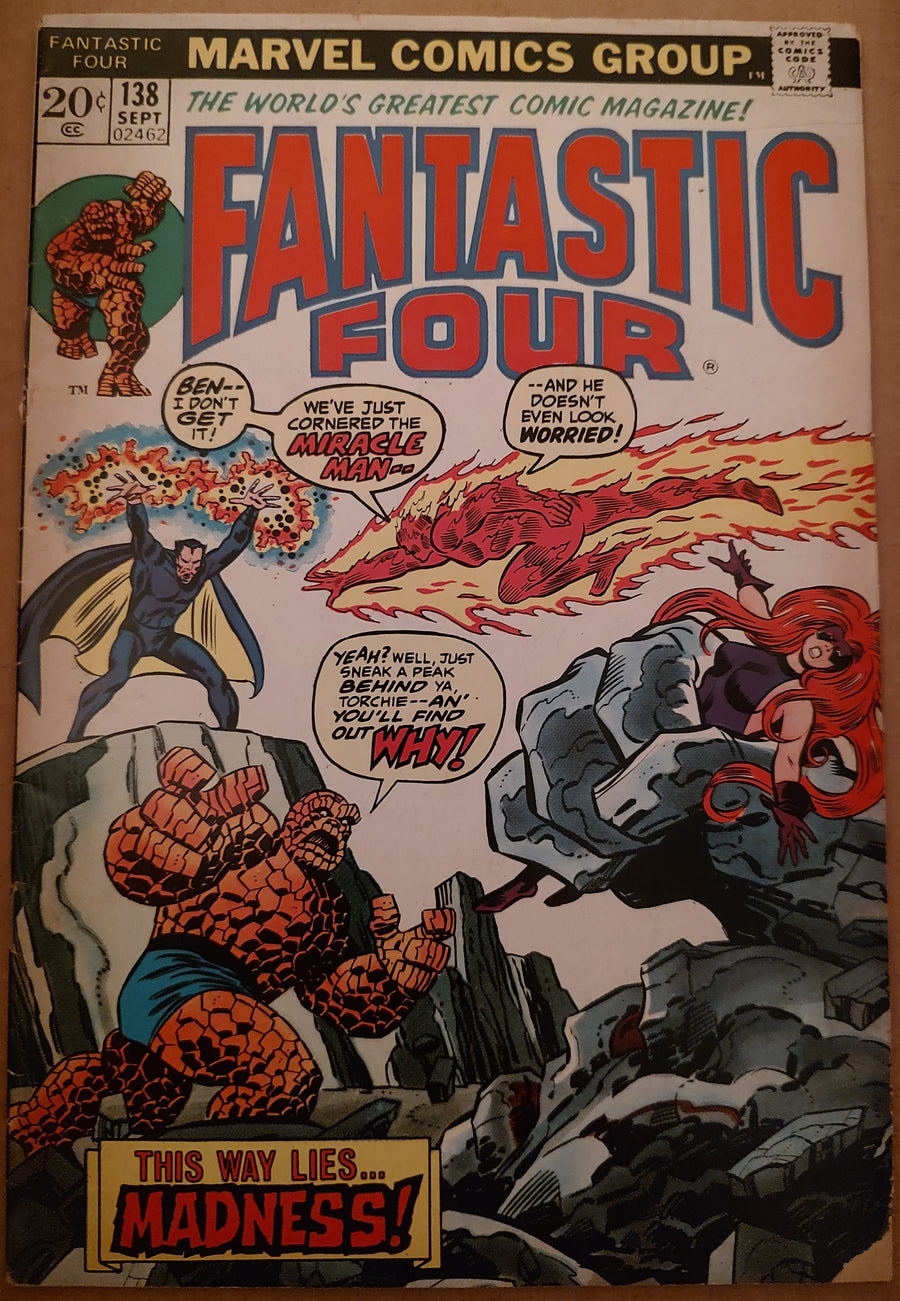

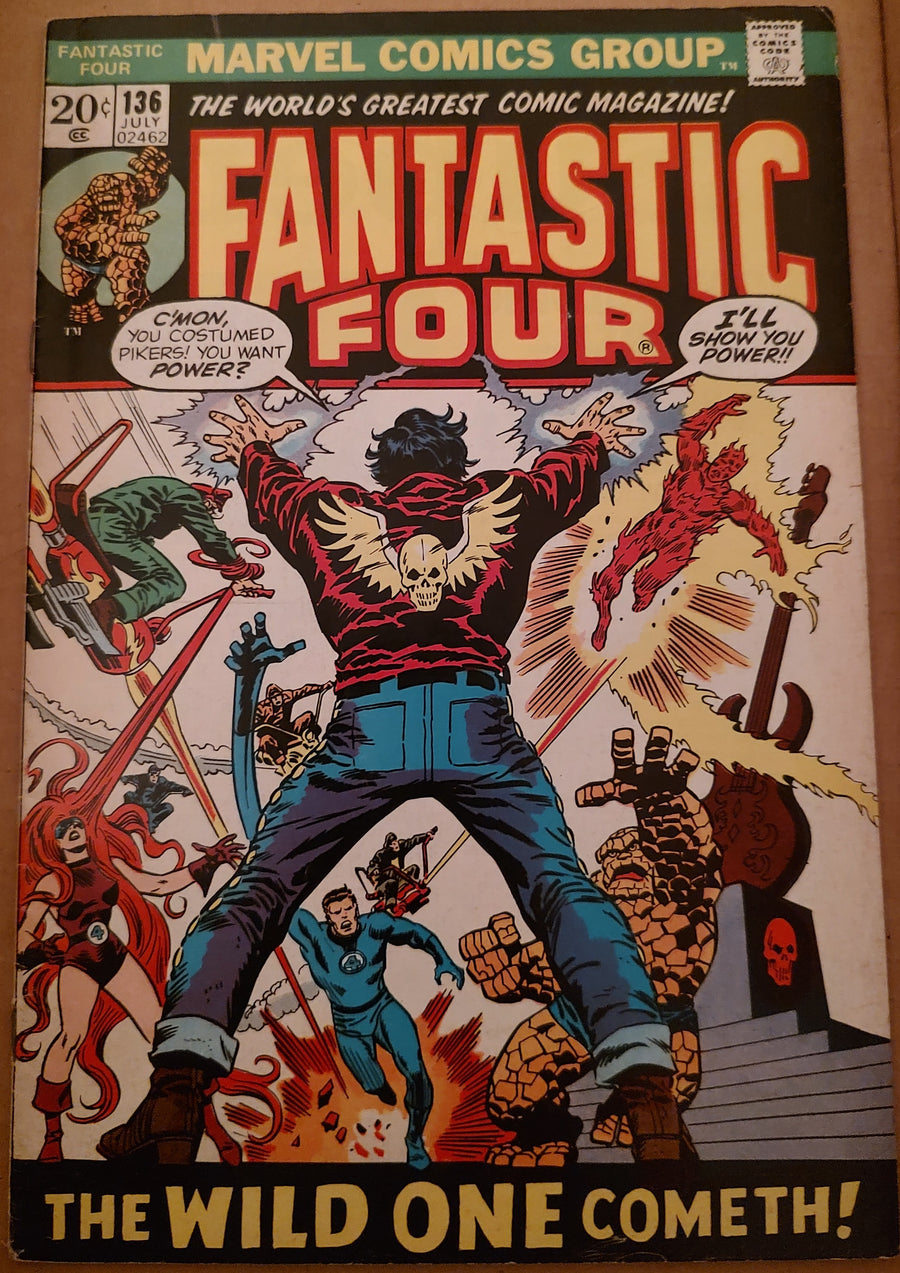
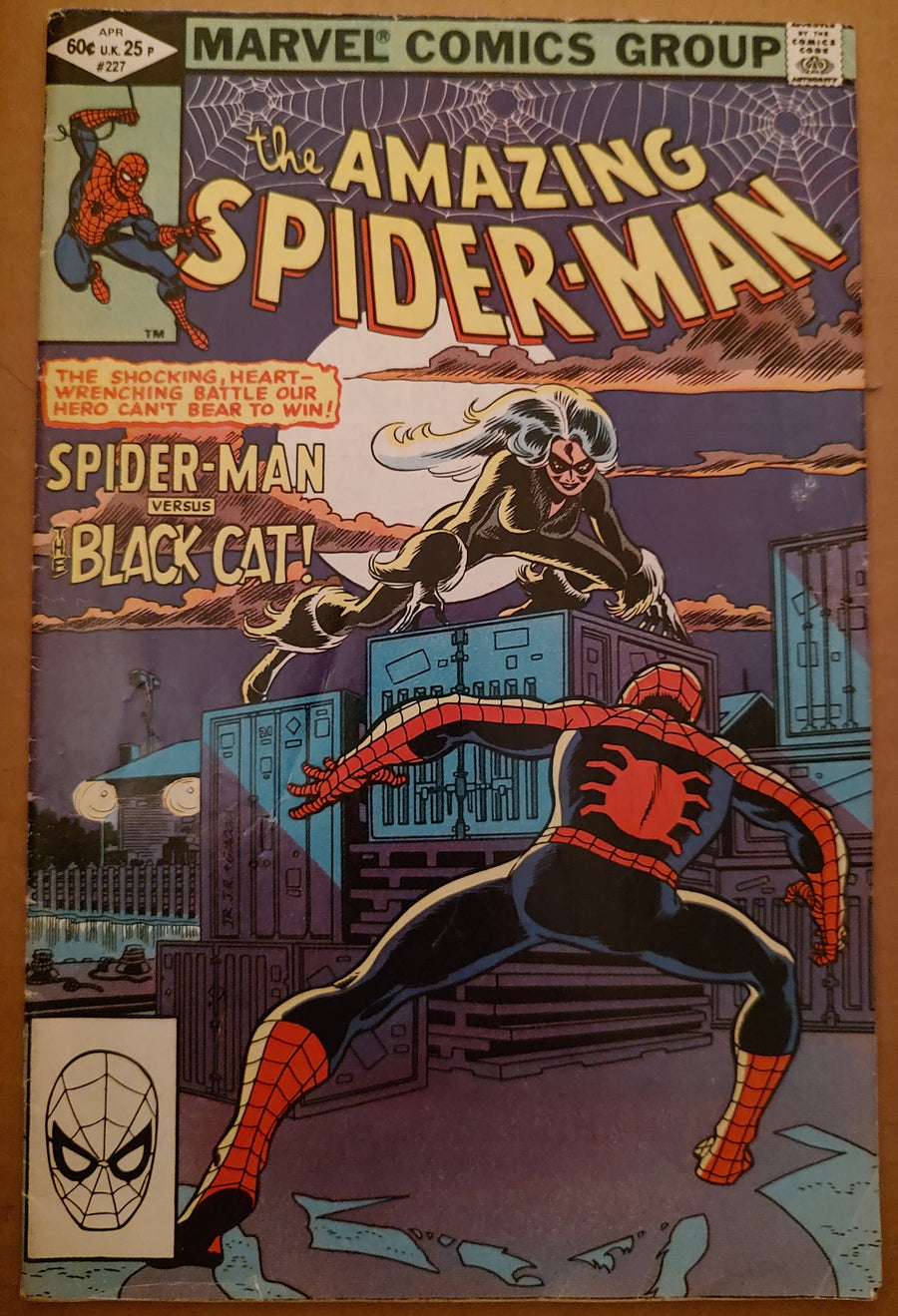




Leave a comment